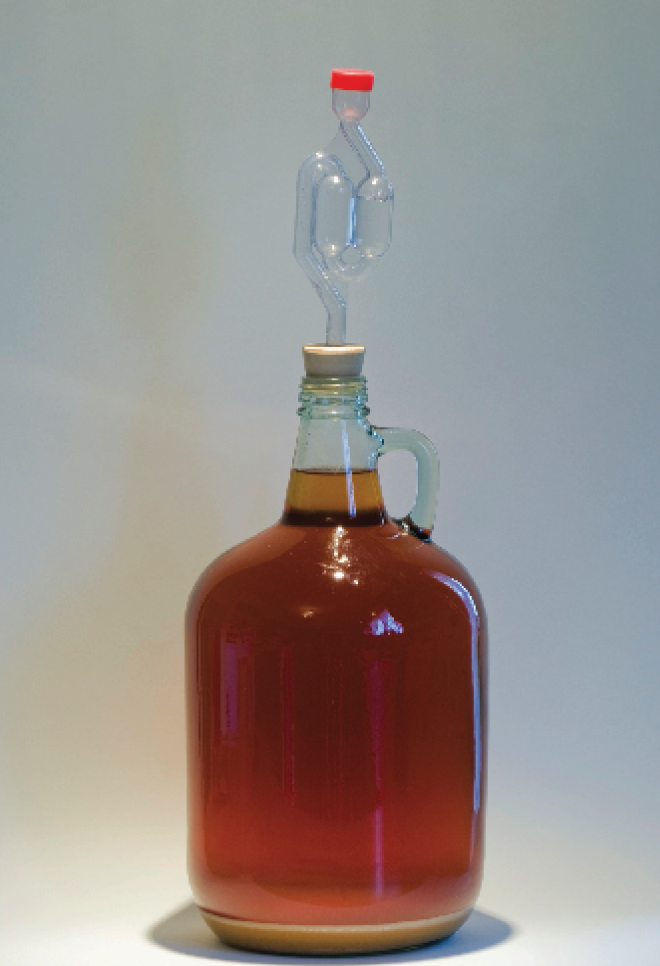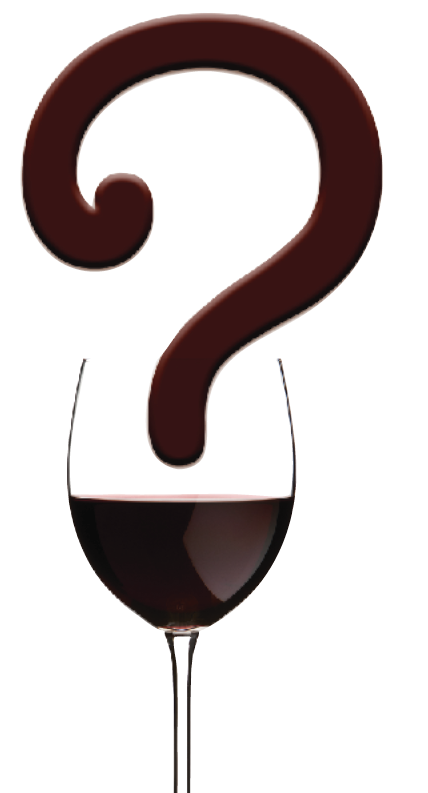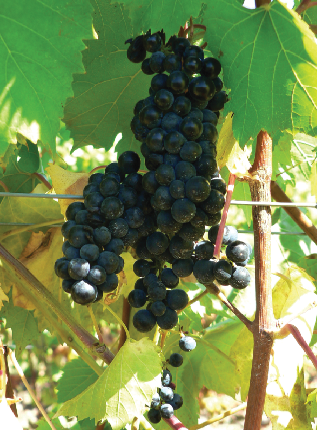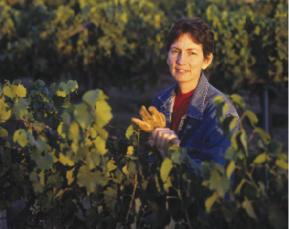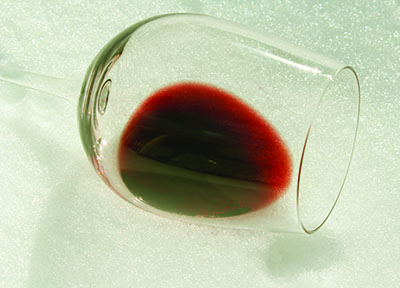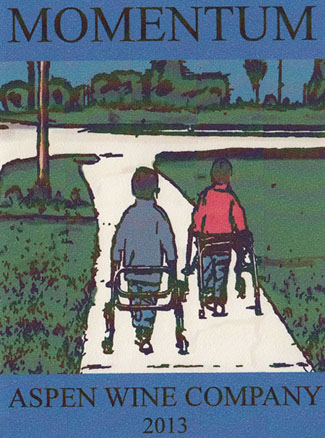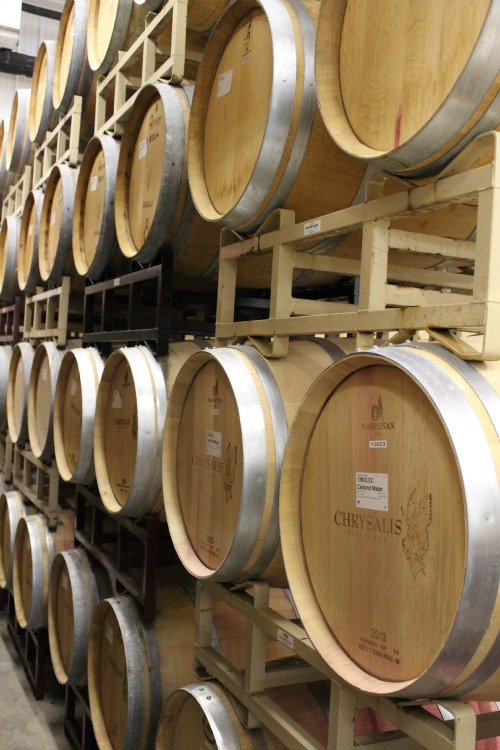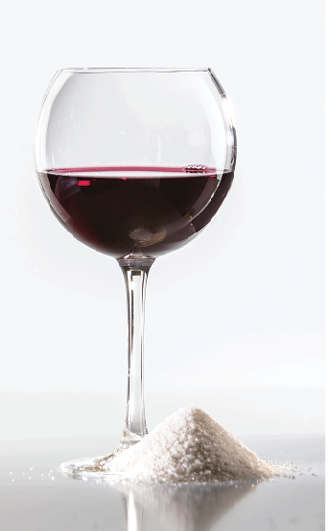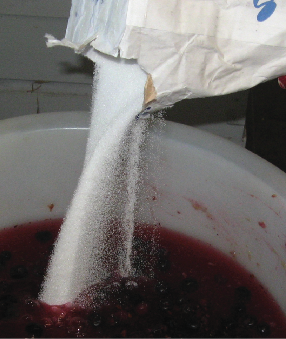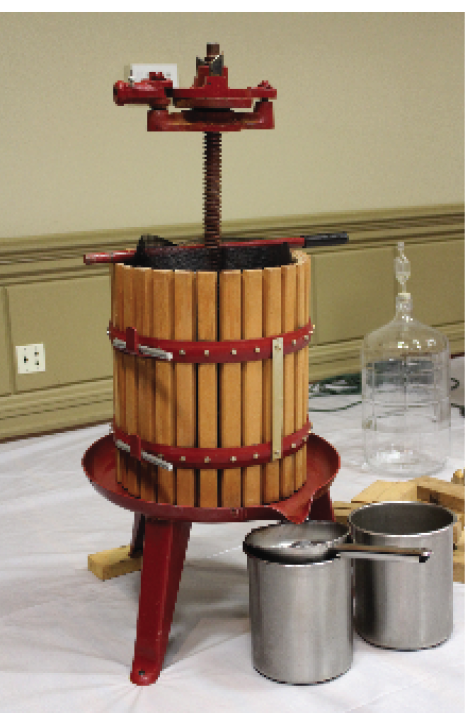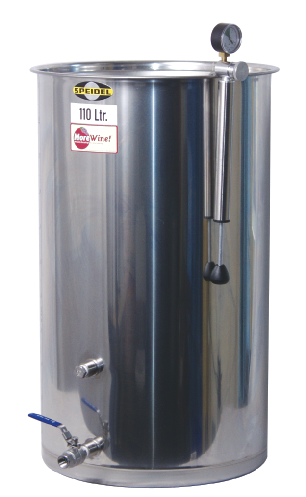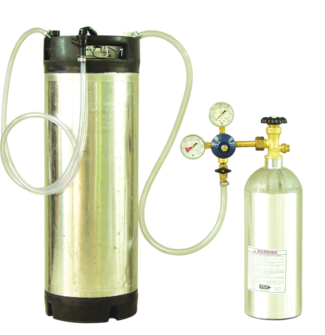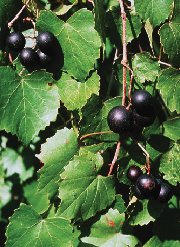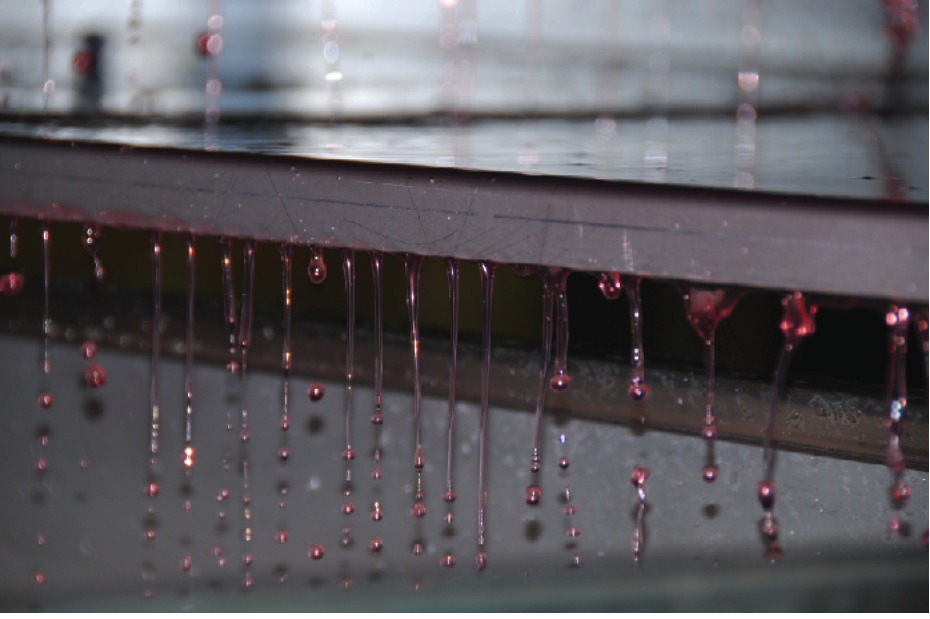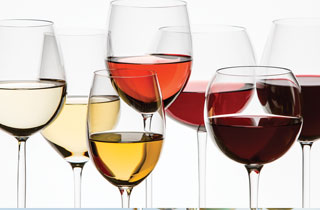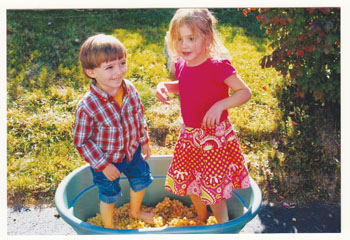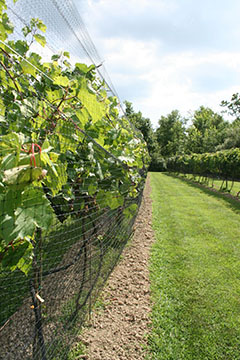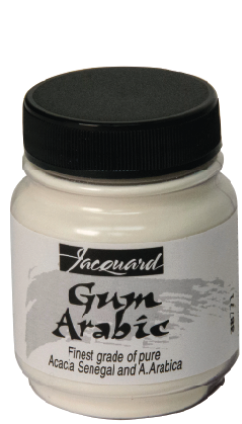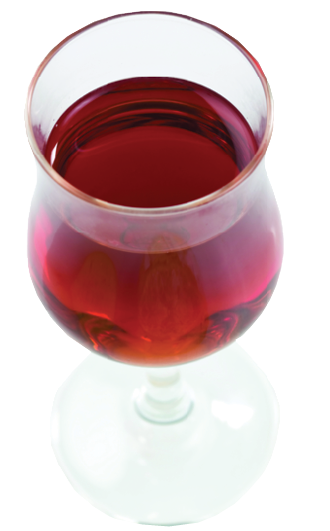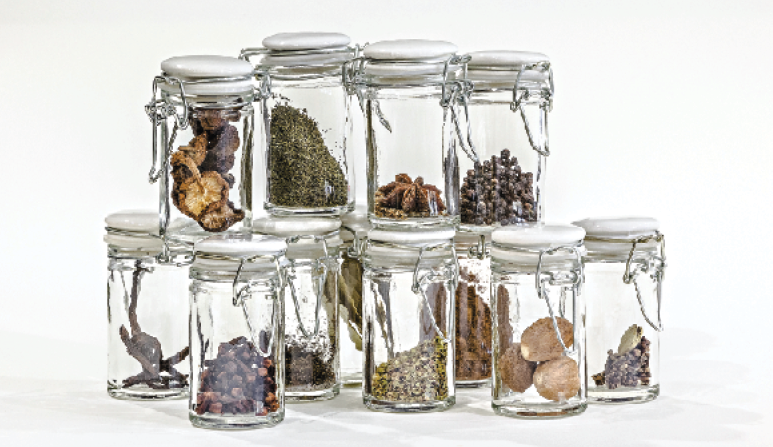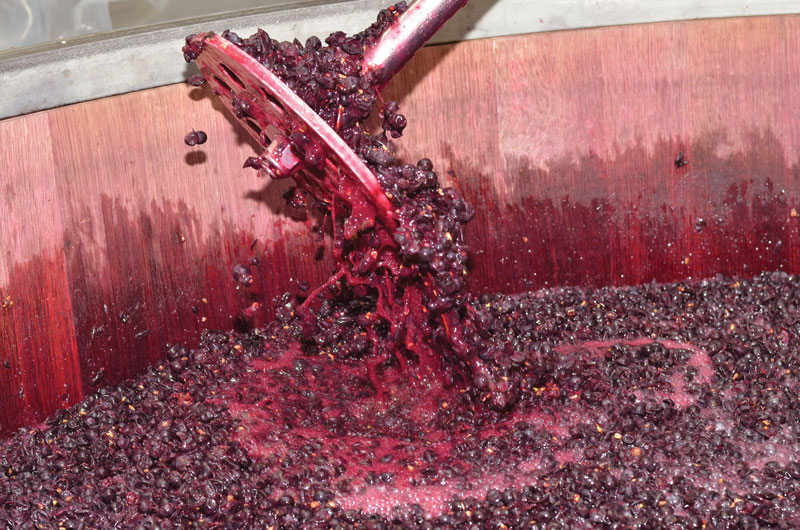Import Source: Quark
Small Batch Winemaking Techniques
Making wine in small batches, usually from 3 to 5 liters (3 to 5 quarts), is both easier and at the same time more exacting than making wine in much larger batches.
Big Batch Winemaking Techniques
Are you ready to move up from small batches of wine? In this article we are going to discuss the specifics of making “big” batches of wine — that is, 10 gallons
Top 10 Winemaking Myths
As in many practices with a longstanding tradition before the scientific knowledge caught up, the field of wine and winemaking has its share of myths, misconceptions, and sheer quackery.
Marechal Foch
Marechal Foch is a cold-climate red grape that has dispersed plantings in the Midwest, Northeast, and Canada.
“Fruit Floaties” — Strawberry Wine
I just saw your picture and wow, that does indeed look like a floating brain — or two! Luckily, that is a great shot of what I would call typical “fruit floaties”
Organic Grape Growing: Tips from the Pros
Growing grapes organically, like any other crop, is often more work than using synthetic fertilizers, solutions and sprays. But in the end, many winemakers who embrace organic growing believe the resulting wines display the purity of the fruit the way that Mother Nature intended.
Preventing Oxidation
An introduction to preventing oxidation of your wine.
Momentum
Hope, strength and faith are the story behind Bob and Sonya Evanosky’s Momentum wine label.
Fermentation Troubleshooting with Wine Kits
The failure rate of wine made from kits is very low. Looking back at my database for the last 14 years and eliminating the weirder stuff (you simply would not believe how
Impact of Barrel Kinetics and Dynamics on Wine
Oak barrels have long been used primarily for aging red wines but also to shape the style of certain white varietals, such as Chardonnay, into fuller-bodied wines. Oak wood imparts what is
Back Sweetening Wine Techniques
In ancient Greece and Rome, honey was sometimes stirred into wine just before serving. Maybe they just liked the taste of honey. More likely, though, the sweetness of the honey corrected some
Chaptalization and Fermentation
Jean-Antoine Chaptal lacked one major benefit we enjoy today: The work in microbiology by Louis Pasteur. (Chaptal lived from 1756 to 1832 and Pasteur lived from 1822 to 1895.) Chaptal was, nonetheless,
Making Your First Wine
first wine, beginner winemaking
Using Variable Volume Wine Tanks
Over the past few years I have made larger and larger batches of wine, and as a result the number of carboys I use has really added up. Each year I try
Kegging Your Wine
While kegged wine has become fairly common in some bars, home winemakers still traditionally bottle. Learn some of the basics to kegging your wine.
Muscadine: A taste of the South
Muscadine is a grape variety from the South that is used in many culinary recipes, but also makes a fine wine.
Alternative Sweeteners
I hear you on the high pH/high TA unbalanced wine issue. I myself have dealt with some vineyards and some wine lots where I have had to add so much tartaric to
Whole Cluster Pressing: Tips from the Pros
Whole cluster pressing (foregoing the step of crushing and destemming the grapes) is most often done to make high-end white wines. The technique creates a more delicate and less astringent wine by
Bottling Your First Batch
An introduction into bottling your first batch of wine.
Making Wine in Montana
Montana is more than just the land of big skies — you can grow grapes there, too!
Minimize Bird Damage in Your Vineyard
Nothing is worse than watching your grapes go to the birds. Fight back!
Gum Arabic: Winemaking’s Secret Weapon
Gum arabic can do so many great things for your wines, from improving mouthfeel, making a thin wine taste fuller bodied, rounding out rough edges of grape tannins, increasing persistence of bubbles in sparkling wine, prolonging the action of metatartaric acid, to treating iron-induced oxidation problems.
Making Fortified Wine
The word “fortified” is prohibited on commercial wine labels in the United States. Yet we are surrounded by a fascinating array of fortified wines when we visit a good wine shop. Fortified
The Relationship of pH and Acid in Winemaking
Home winemakers know pH and acid are related when they make wine. Beyond that, the details sometimes get a little fuzzy. Shedding some light on how these important parameters are — and
Make Your Own Red Wine Aroma Sensory Kit
An aroma kit will help improve your ability to pick out aromas in a glass of wine. You can buy a kit for over $100, or make your own for a fraction of that.
